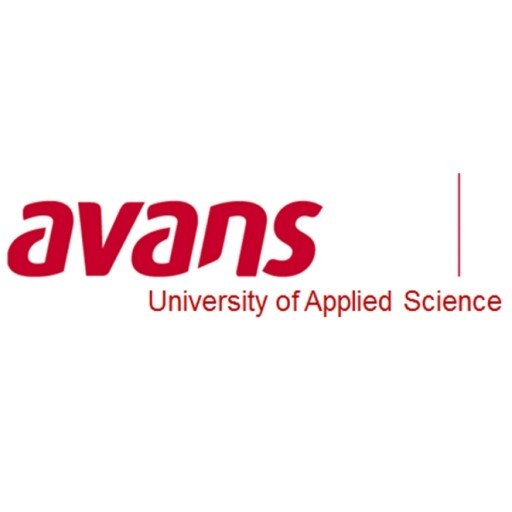Master of Science in International Sustainable Development
The Master of Science in International Sustainable Development at Leipzig University offers a comprehensive and interdisciplinary program designed to equip students with the knowledge and skills necessary to address complex global sustainability challenges. This program emphasizes the integration of ecological, social, and economic dimensions of sustainable development, preparing graduates to contribute effectively to international efforts for sustainability.
Students will engage with theories and frameworks of sustainable development, exploring topics such as environmental governance, climate change mitigation and adaptation, social justice, and resource management. The program combines rigorous academic coursework with practical applications, including case studies, project work, and field trips, fostering a hands-on approach to learning. The curriculum encourages critical thinking and innovative problem-solving, enabling students to develop sustainable strategies tailored to diverse cultural and political contexts.
Leipzig University’s international environment provides students with opportunities for intercultural exchanges and networking with experts from various fields. The program’s multicultural atmosphere is further enriched by partnerships with international organizations, NGOs, and research institutions. Faculty members are renowned scholars and practitioners committed to advancing knowledge and practice in sustainable development.
The program is suitable for graduates from a variety of disciplines, including environmental sciences, social sciences, economics, and political science, who are committed to making a positive impact on global sustainability. Graduates will be well-equipped to work in international organizations, governmental agencies, research institutions, or the private sector, contributing to the development and implementation of sustainable policies and projects worldwide.
Graduates of this program will gain critical competencies such as project management, policy analysis, stakeholder engagement, and effective communication, which are essential for leadership roles in sustainable development initiatives. The degree also offers pathways for further academic research and doctoral studies in related fields.
Overall, the Master of Science in International Sustainable Development at Leipzig University provides a robust academic foundation combined with practical experience, preparing students for meaningful careers dedicated to fostering sustainable development across the globe.
Educational organisation
First semester: Basics in Sustainable Development:- Basics in economic sciences (10 ECTS)
- Basics in social sciences (10 ECTS)
- Basics in sustainable development (10 ECTS)
Second semester: one track to be chosen from the two following options: Environmental Technology Management
1. Air pollution abatement and safety management (10 ECTS)
2. Water, waste water and waste (10 ECTS)
3. Energy Engineering and Management (10 ECTS)
or Resources Management
1. Water resources management (10 ECTS)
2. Land management (10 ECTS)
3. Sustainable Energy Economics (10 ECTS)
Third semester: Integration Module and further specialisation
Students can choose one of the following three alternatives:
- Inter- or transdisciplinary case study on a current topic as team work (10 ECTS)
- Internship (employer organised individually with the support of IIRM and approved by IIRM) (10 ECTS)
- Research assistance in a research project at IIRM (10 ECTS)
Fourth semester: Master's thesis and defence
Study abroad unit(s)
The mobility semester (second semester) can be spent at any of the consortium partners (University of Graz, Ca' Foscari University Venice, Utrecht University) as well as at the associated partners Basel University (Switzerland) and Hiroshima University (Japan) and Teri University (India).Students are advised to spend the specialisation track in the second semester at a partner university, as all partner universities offer at least one specialisation track in English. Students can also apply to spend the third or fourth semester abroad, where it cannot be guaranteed that tracks are offered in English.
Internships
An internship can be completed during the third semester.Course objectives
Graduates of this International Joint Degree Programme may pursue further study or seek employment in a variety of professional fields, including business management, consulting, environmental entrepreneurship, environment, health and safety, quality management, regional and urban planning, innovation management, international organisations, scientific research, training and (continuing) education.Language requirements
Students whose first language is not English must demonstrate a high level of competence in English by providing a recent language certificate of an IELTS (academic module, minimum required score of 6.5 and not less than 6.0 in the writing section), TOEFL (minimum required score 93, Internet-based) or Cambridge EFL (English as a Foreign Language) presenting one of the following certificates: Cambridge Certificate in Advanced English (minimum score B); Cambridge Certificate of Proficiency in English (minimum score C).Applicants who are native speakers of English and those who successfully completed an English-taught Bachelor's programme do not have to take this test.
Academic requirements
Bachelor's degree or equivalentGrade point average (GPA) or average mark
Motivation letter
Recommendation letters
Proof of the applicant's proficiency in English
Previous academic performance
Prior experience










